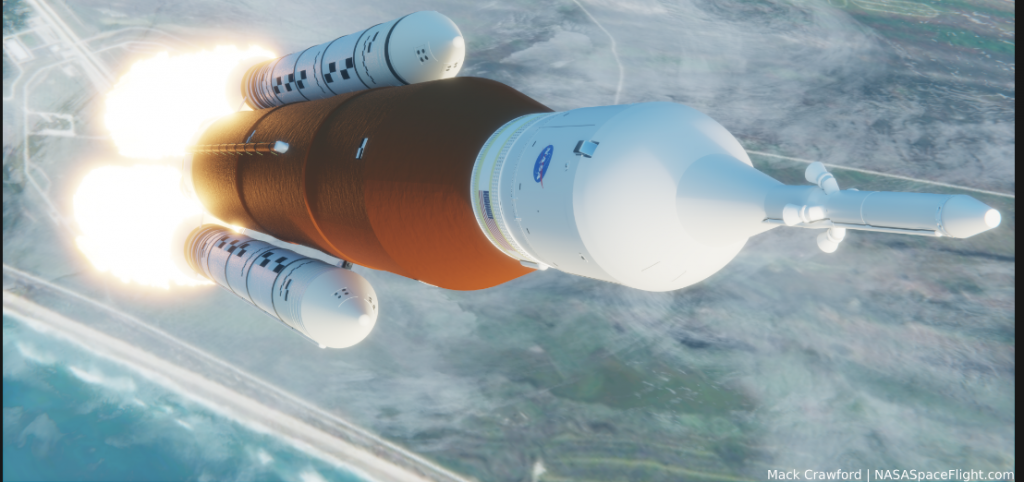
Does SpaceX have better AI than NASA?
SpaceX Leverages Data Collection with Superior AI Technology to Win in Space Race
No matter how you feel about Elon Musk and his many business adventures you have to give the guy some credit. He has changed life on earth in a major way. From Tesla’s autonomous (maybe) electric road vehicles and PayPal to SpaceX’s reusable rockets, Musk has demonstrated innovation, which continues through the use of AI.
We found a fact-checking article in analyticsinsight.net that compares Musk’s private rocket company to what NASA and other similar private space travel companies do.
SpaceX has arisen above the opposition, landing a $2.9 billion contract with NASA to build a moon lander. This follows a $7 billion agreement with NASA to ship supplies to and from the International Space Station, set in 2020. Data drives the company’s success, from planning a vehicle that will endure to working out payload size.
Enter the Dragon Capsule
Similar to modern airplanes, SpaceX utilizes an AI-fueled autopilot program to securely explore, from send-off to the ISS docking port. According to Community AI, it works by ascertaining parabolic flight, fuel utilization and reserves, liquid engine sloshing, weather and other factors that can impact the flight. AI establishes the safest and fastest flight path. Once the ship has reached its destination, the autopilot uses convex optimization algorithms and computer vision to determine the best landing spot for the Dragon capsule.
Just watching SpaceX land those reusable rocket engines is plenty of proof that Musk had a better idea and put it into action. And it was his belief in his AI that allowed for it to happen so quickly.
Space Data Equals Big Data
The most revolutionary, or perhaps prescient, data-related undertaking SpaceX is currently involved with is its collection of space data. Space data – a.k.a. big data from space – is a term used to describe the camera and sensor information gathered by spaceborne monitoring equipment (satellites) and the process of extrapolating patterns using analytical software. As the commercialization of space becomes a reality, space data and analytics will become increasingly valuable.
Musk has taken the information his AI has provided and used it to propel his vision in many areas to a new level, which is exactly how AI is supposed to work.
NASA has announced it will land two astronauts on the Moon with its Artemis program, and one of them will be the first person of color on the Moon—more progress. Musk is finding and using better AI programs than NASA is, landing SpaceX its new space contracts.
read more at analyticsinsight.net







Leave A Comment